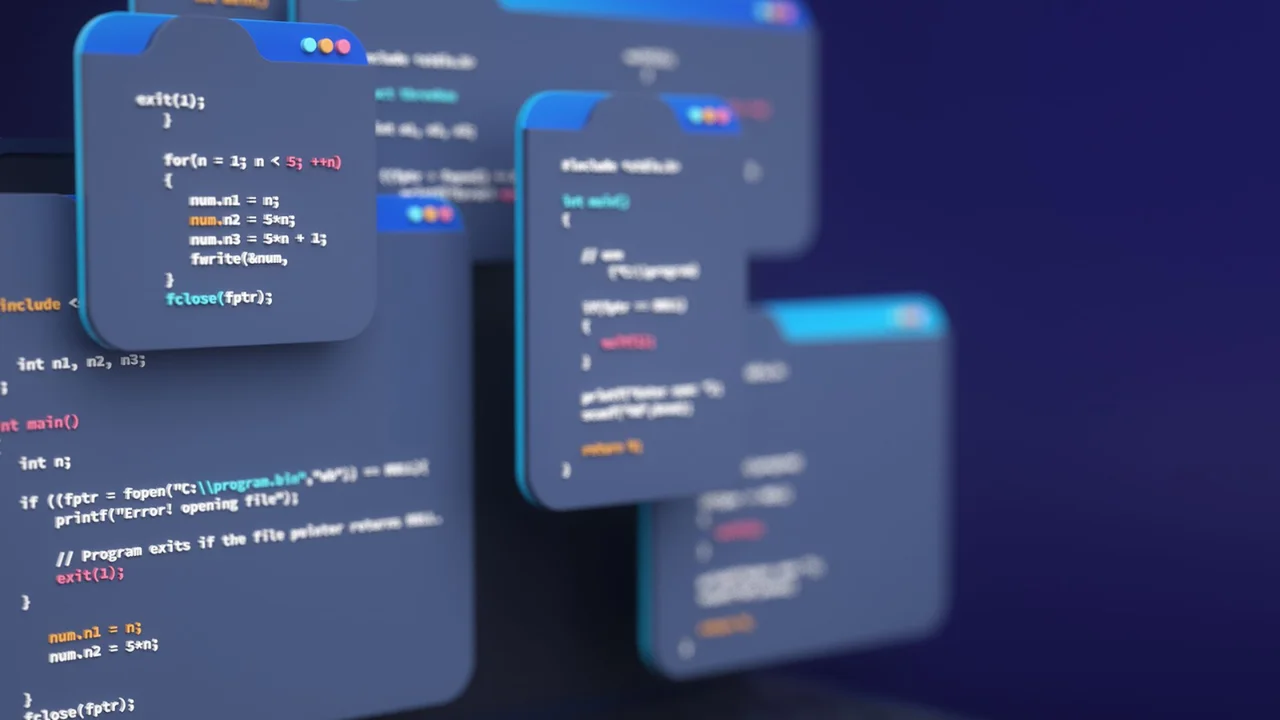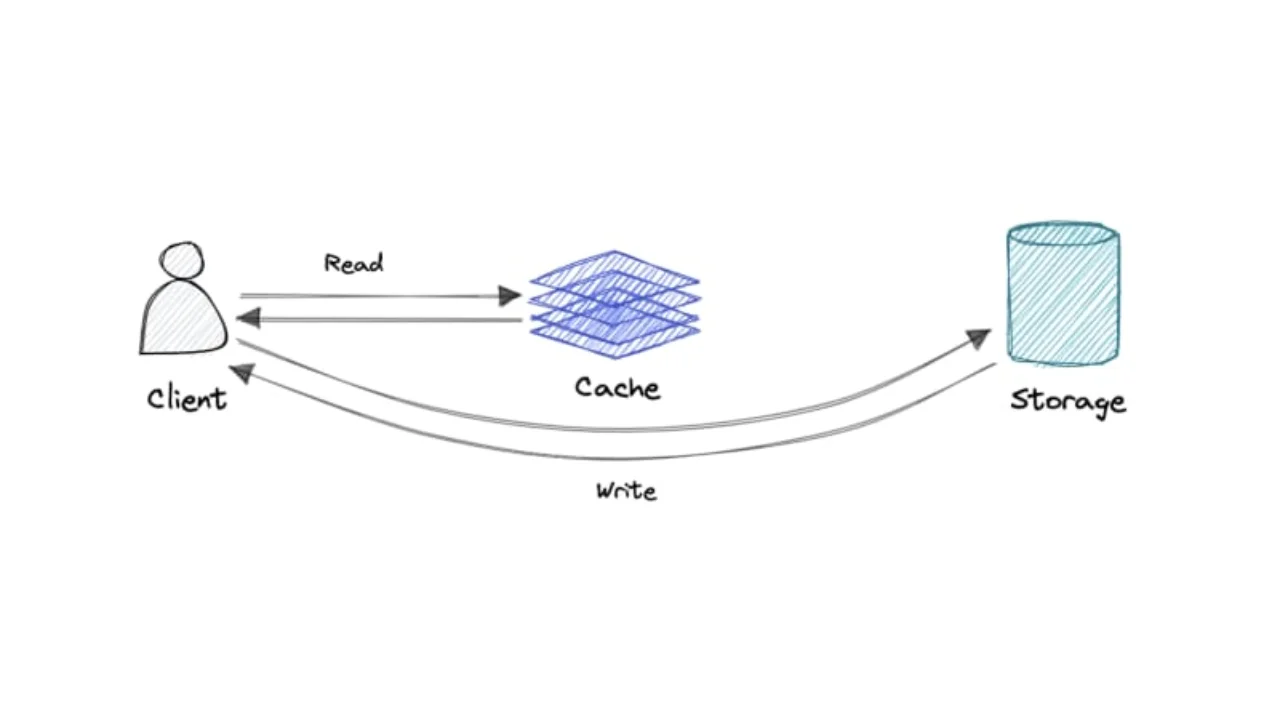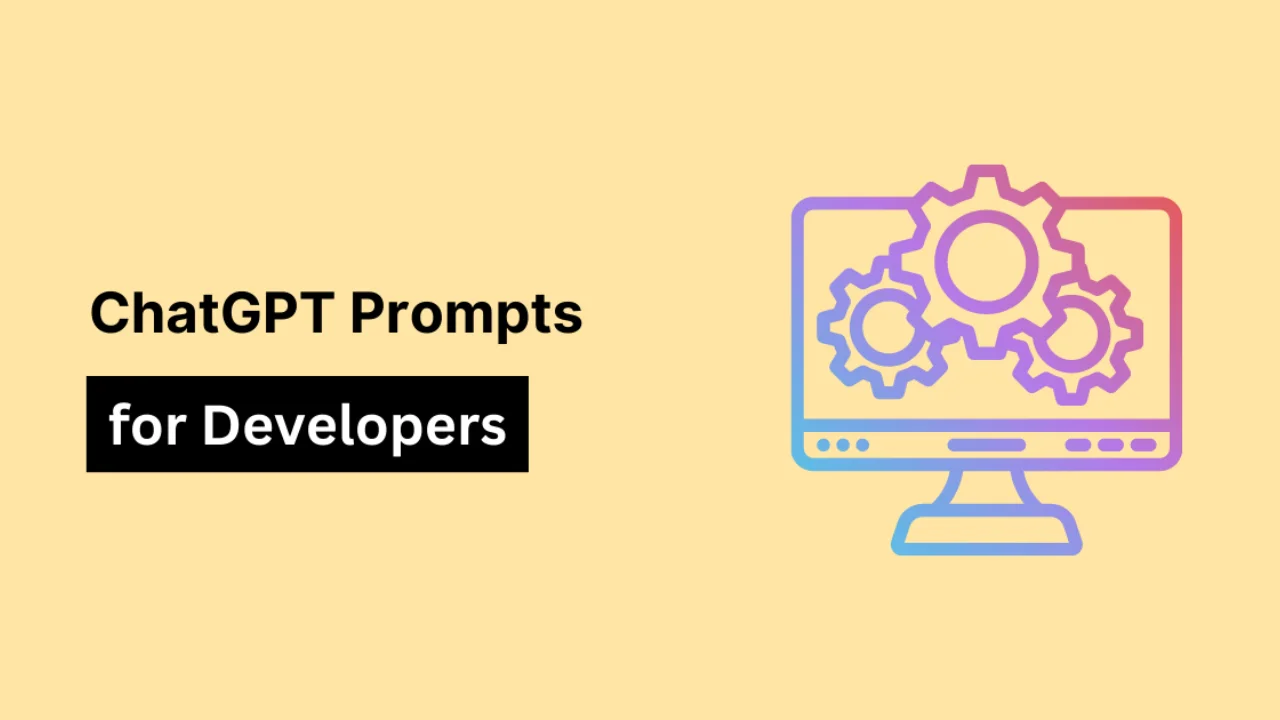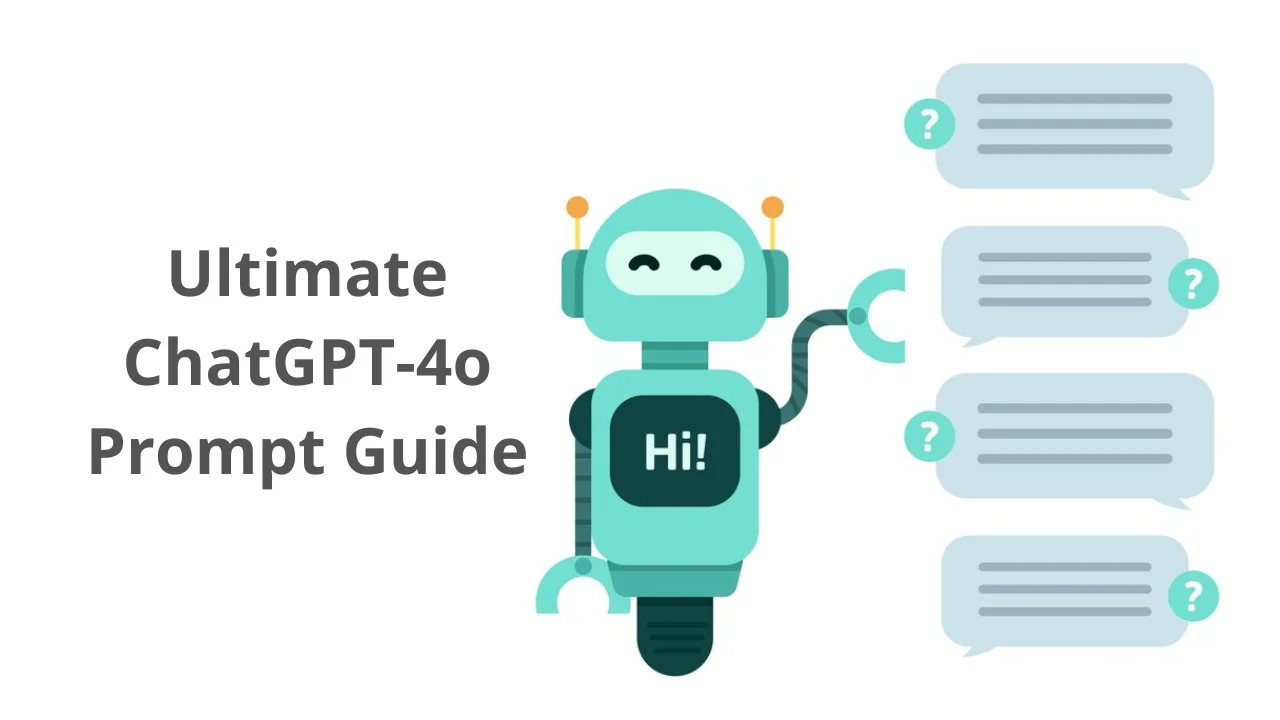
25 Things I Wish I Knew When I Started to Code 💻
- Start with the Basics: Understanding the fundamentals of programming languages is crucial. Don’t rush through the basics.
- Learn One Language Well: Mastering one language will make it easier to learn others. Start with a versatile language like Python or JavaScript.
- Practice, Practice, Practice: Coding is a skill honed by doing. Write code every day, even if it's just a small script.
- Understand Algorithms and Data Structures: These are the backbone of efficient coding. They help solve complex problems faster.
- Read Other People's Code: It’s a great way to learn different approaches and best practices.
- Write Clean, Readable Code: Code is read more often than it is written. Make it easy for others (and your future self) to understand.
- Comment and Document Your Code: Good comments and documentation can save you and others a lot of time and confusion later.
- Use Version Control: Learn Git and use it to manage changes to your code. It’s essential for collaboration and backup.
- Learn Debugging Techniques: Debugging is a significant part of programming. Mastering debugging tools and techniques will save you a lot of time.
- Build Projects: Apply what you learn by building real projects. This solidifies your knowledge and gives you a portfolio to show potential employers.
- Don't Fear Failure: Bugs and errors are part of the process. Each one is an opportunity to learn and improve.
- Break Problems into Smaller Pieces: Tackling a big problem all at once can be overwhelming. Breaking it into smaller parts makes it manageable.
- Stay Updated: The tech world evolves rapidly. Stay current with new technologies and trends.
- Join a Community: Engage with other programmers. Forums, local meetups, and online groups can provide support and insight.
- Understand How the Internet Works: Knowing the basics of how the web works (HTTP, DNS, etc.) is crucial for web development.
- Learn About Databases: Most applications use databases. Understanding how they work and how to interact with them is essential.
- Master a Framework or Library: Once you know a language, learn a popular framework to enhance your productivity.
- Take Care of Your Health: Programming can be sedentary. Take breaks, exercise, and maintain a healthy posture.
- Learn to Manage Your Time: Coding projects can be time-consuming. Good time management helps you stay productive and avoid burnout.
- Test Your Code: Writing tests for your code ensures it works as expected and makes future changes safer.
- Don't Reinvent the Wheel: Use existing libraries and tools whenever possible. It saves time and leverages community knowledge.
- Focus on Problem-Solving Skills: Programming is fundamentally about solving problems. Hone your analytical and problem-solving abilities.
- Be Patient and Persistent: Learning to code takes time and effort. Be patient with yourself and persistent in your practice.
- Seek Feedback: Code reviews and feedback from peers are invaluable for improvement.
- Enjoy the Journey: Coding can be incredibly rewarding. Enjoy the process of creating and the satisfaction that comes with solving problems.
Embarking on a coding journey is both challenging and exciting. Remember, every expert was once a beginner. Keep learning, stay curious, and most importantly, have fun coding! 🌱🚀
Source: Santosh Shelar




